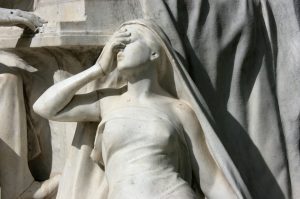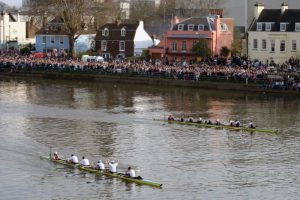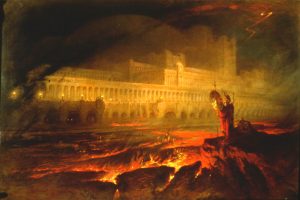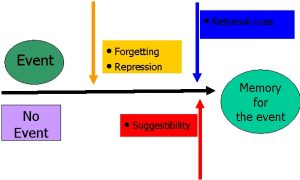 “I’m not in control of my muse. My muse does all the work.”
“I’m not in control of my muse. My muse does all the work.”
Ray Bradbury
I have in anterior posts (of which this is but the most recent instance) attempted to shed some light on that most mysterious and wonderful process by which creative acts such as writing and composing are effected.
I say ‘attempted’ – of course – because beyond simply reporting anecdotally my own experiences I am no more able to explain the phenomenon than is anyone else. Should you doubt that any such examination is more than likely to fall short you might care to Google the phrase “How does the creative process work?“. You will discover – as did I – that the first page of results alone contains the following ‘definitive’ responses:
- “The four stages of creativity” – preparation, incubation, illumination, verification – (apparently!)
- “The five stages of the creative process” – preparation, incubation, insight, evaluation, elaboration – (some crossover at least)
- “The creative process – six working phases“ – inspiration, clarification, distillation, perspiration, evaluation, and incubation – (hmmm!)
- “The ten stages of the creative process” – the hunch, talk about it, the sponge, build, confusion, just step away, the love sandwich(!), the premature breakthrough, revisit your notes, know when you’re done – (blimey! That’s…er… different!)
I stopped at this point for what are probably pretty obvious reasons.
And yet… and yet… None of these earnest theses comes close to elucidating an experience that I seem to encounter with increasing frequency – one in which I start out with a firm idea in my mind only to find that the act of creation takes on a life of its own and I end up with something almost entirely antithetical to that which I had originally intended. At the risk of boring the gentle reader I should like to share the latest such instance.
I am currently working on a couple of songs that are intended to complete a brief collection whose inspiration – or motivation, should you prefer – has been my recent exodus from the country of my birth. I had been making good progress on one such of these with the notion in the back of my head that it might turn out to be a gently whimsical look at the love of the island life – the which is of course shared both by many Brits and by those who live on Vancouver Island or in the Gulf Islands.
When it came time to concentrate on the lyric I turned – as is my habit – to the InterWebNet to pursue some lines of research of relevance to the subject. A busy day of chasing leads suggested that the following (amongst others) might be significant:
- Shakespeare – ‘Richard II’,’The Tempest’
- Tennyson – ‘Ulysses’
- Rabbie Burns – ‘To a Louse’
- Churchill – ‘The Island Race’
An article by Open University senior lecturer, Nigel Clark, entitled ‘An Island Race?‘ – chimed with my initial intention of focusing on the creative tension implicit in living on an island surrounded by the seas – the which afford both a powerful means of defence from attack but simultaneously the path by which such a nation might venture forth to explore (and mayhap to ‘conquer’) the rest of the world.
It was another article, however – “Is England too Good for the English?“, by Oxford University’s Austen Saunders – that changed the tenor of my song. Saunders exploration of the illustrious ‘John of Gaunt’ speech from ‘Richard II’ majors on John’s view that the English – as a result of Richard’s politicking and fiscal mismanagement – are no longer worthy of the “other Eden” that is ‘England’ itself. It is impossible not to recognise an immense resonance between this somewhat melancholy conclusion and the state in which the United Kingdom finds itself today. The song that eventually emerged from my subconscious thus turned out to be a lament for this sorry state of affairs rather than the amiable whimsy that I had intended.
Should the gentle reader be one of those who does not view the current situation in which Great Britain – and in particular, England – finds itself to be as dire as I have described – then I wish you well.
I hope that you still feel the same way in five year’s time…














Recent Comments